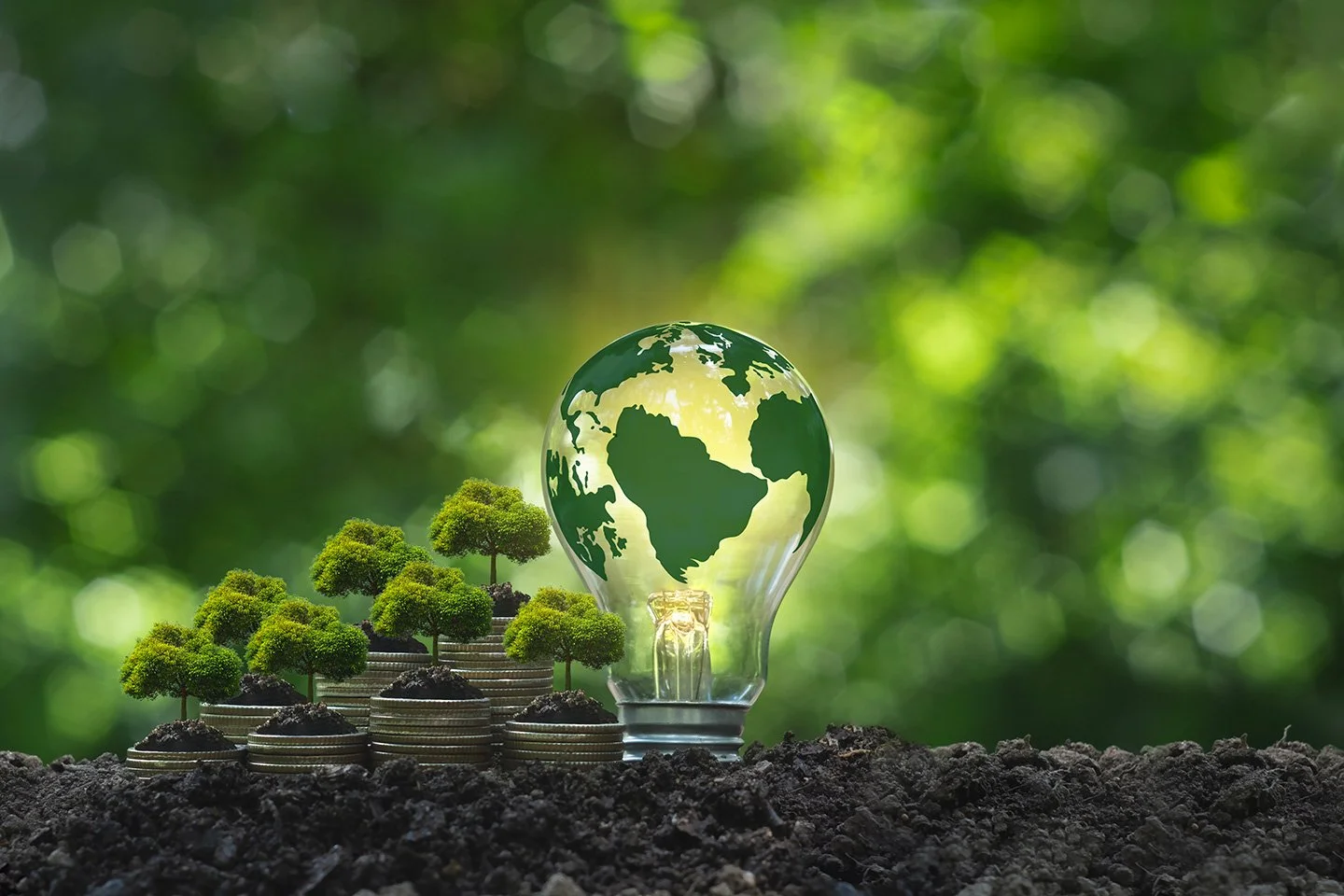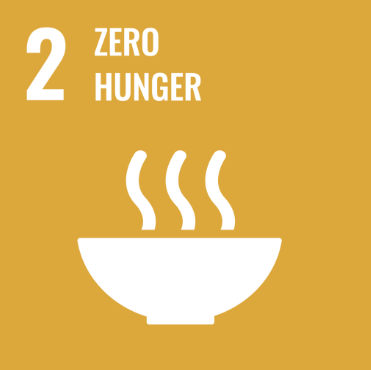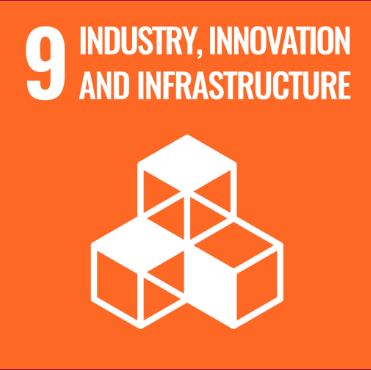
Our Sustainable Development Goals
SDG 1: No Poverty
R3’s Biochar operation creates jobs, especially for those who need it most. R3 employs refugees from the nearby Osire Refugee Camp, training both men and women for year-round jobs to provide stable income opportunities. R3 Biochar provides a living wage and decreases reliance on unpredictable foreign aid.
SDG 6: Clean Water and Sanitation
Biochar has a porous structure and large surface area, helps to retain water in the soil resulting in more efficient agricultural water use. Adding biochar to soils helps to combat desertification in Namibia’s water-scarce regions.
SDG 2: Zero Hunger
Incorporating biochar into soils on agricultural lands by small landholders in the area increases soil fertility, improves soil pH, and microbial diversity. These improvements to soil health reduce the need for fertilizer and irrigation while increasing productivity, ultimately enhancing food security.
SDG 8: Decent Work and Economic Growth
R3’s Biochar operation trains its employees for highly skilled AI-proof jobs, with a work environment that includes opportunities for advancement and the ability to add to the growth of their local economies.
SDG 13: Climate Action
Biochar, when incorporated permanently into agricultural soils, acts as a long-term carbon sink, helping to sequester atmospheric carbon and reverse the impact of greenhouse gas emissions.
SDG 3: Good Health and Wellbeing
Adding biochar to agricultural soils regenerates poor soils and reduces plant uptake of heavy metals. Biochar also reduces the need for chemical fertilizers and eliminates the need to add antibiotics in animal feed promoting healthier food production
SDG 9: Industry, Innovation and Infrastructure
Biochar can be used to create new carbon negative products. R3 is working with partners to explore the use of biochar in building materials which can in turn be used to increase the supply of permanent housing in Namibia.
UN SDGs
Something here








